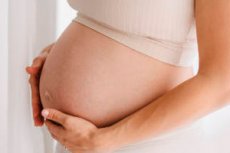
03 June 2024, 14:39
根据发表在《JAMA Network Open》上的一项研究,患有先兆子痫的人患早发性痴呆症的风险较高。
法国圣莫里斯公共卫生学院的 Valérie Olié 博士及其同事获得了全国前瞻性概念研究的数据,该研究涵盖了 2010 年 1 月 1 日至 2018 年 12 月 31 日期间法国所有妊娠 22 周后的分娩数据。
研究人员对 30 岁及以上、无痴呆症病史的个体进行了跟踪调查,从出生到 2021 年 12 月 31 日;分析中纳入了 1,966,323 人,其中不到 1% 的人患有痴呆症。
在平均9.0年的随访中,住院时的主要诊断为痴呆症。研究人员发现,与无高血压疾病的妊娠相比,先兆子痫与早发性痴呆的风险增加相关(风险比为2.65)。
当先兆子痫发生在妊娠34周之前或合并慢性高血压时,早期痴呆的风险更高(风险比分别为4.15和4.76)。严重的先兆子痫与早期痴呆无关。
作者写道:“研究结果将早发性先兆子痫添加到了终生疾病风险或先兆子痫的医学后果列表中。”

